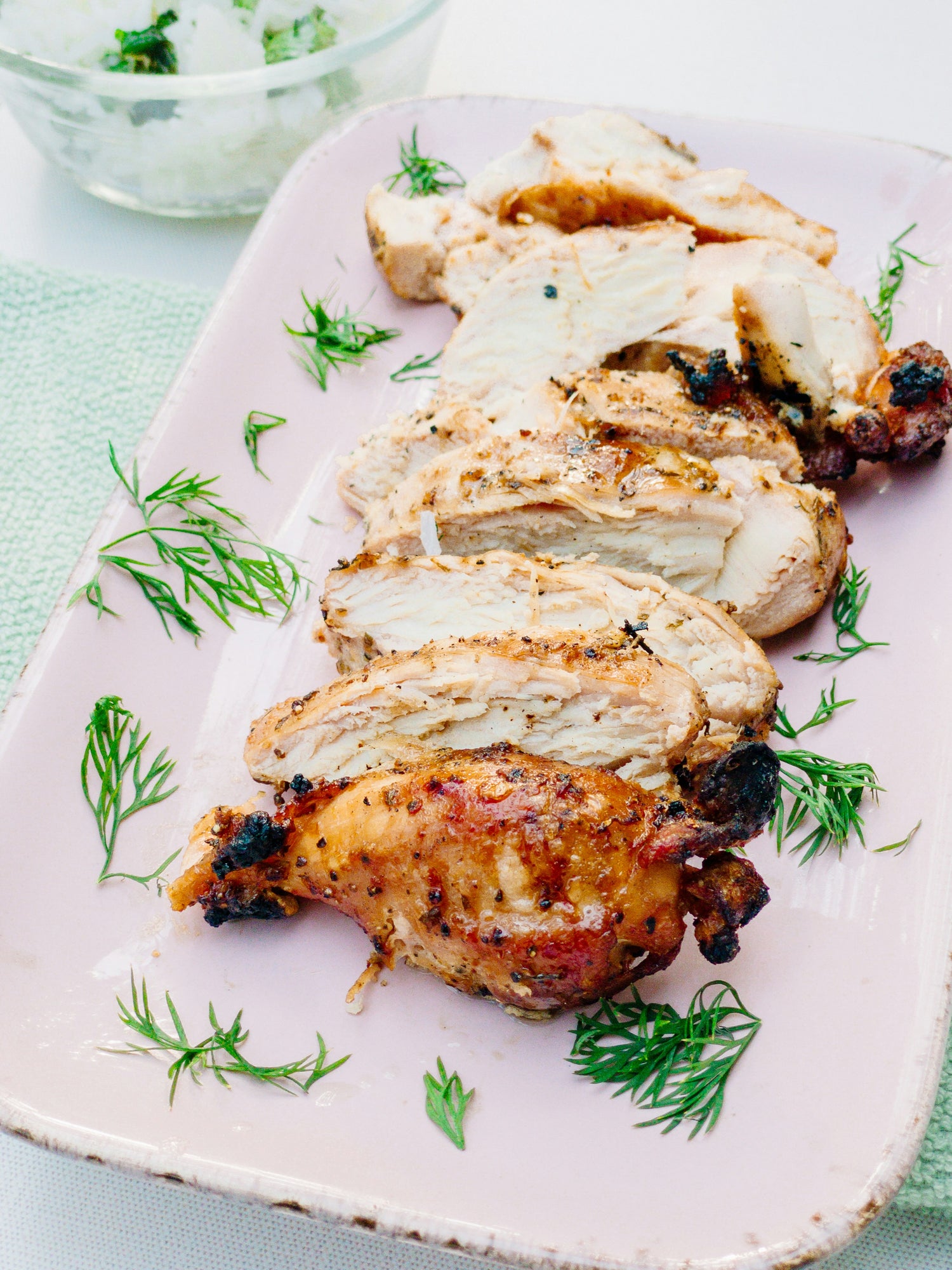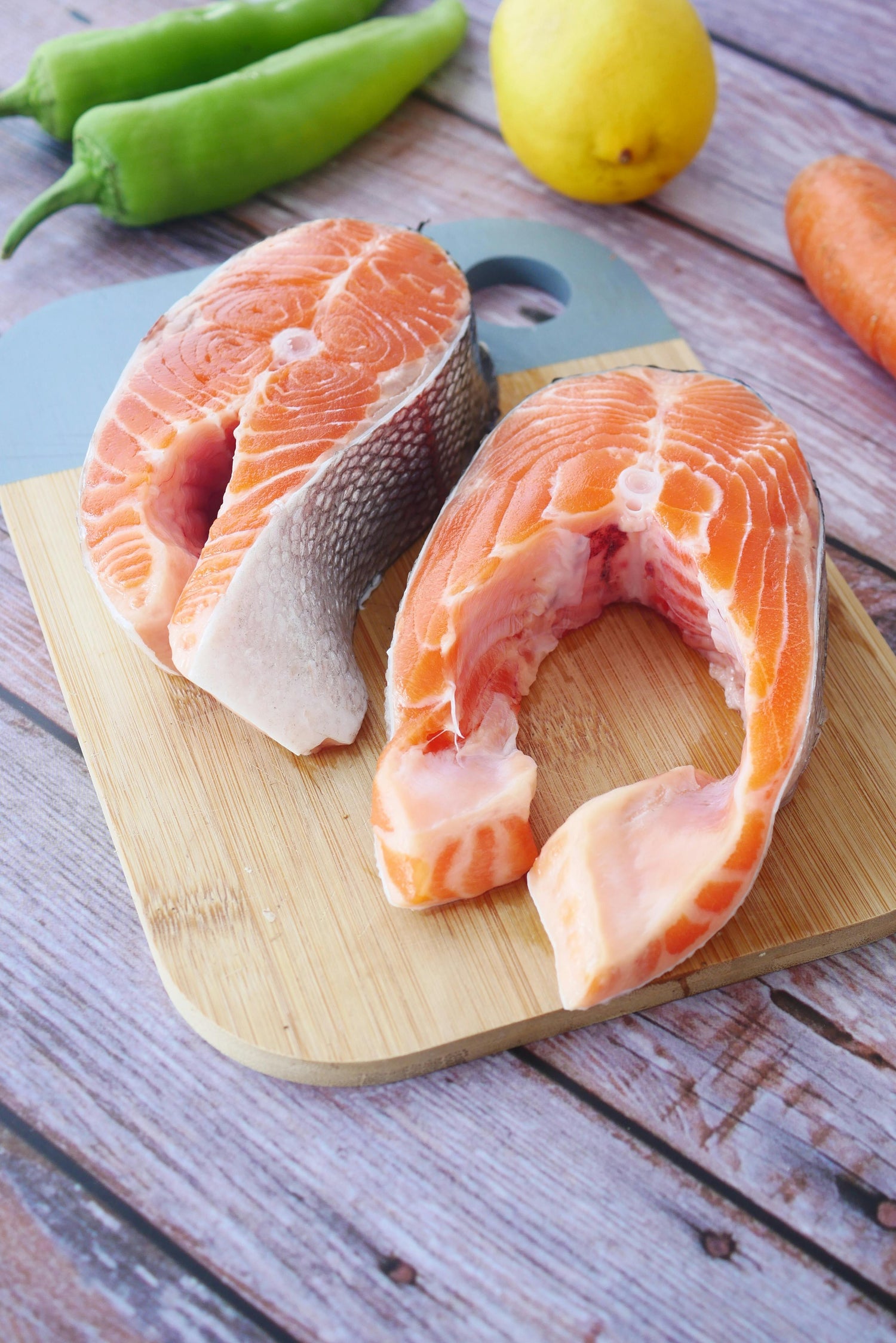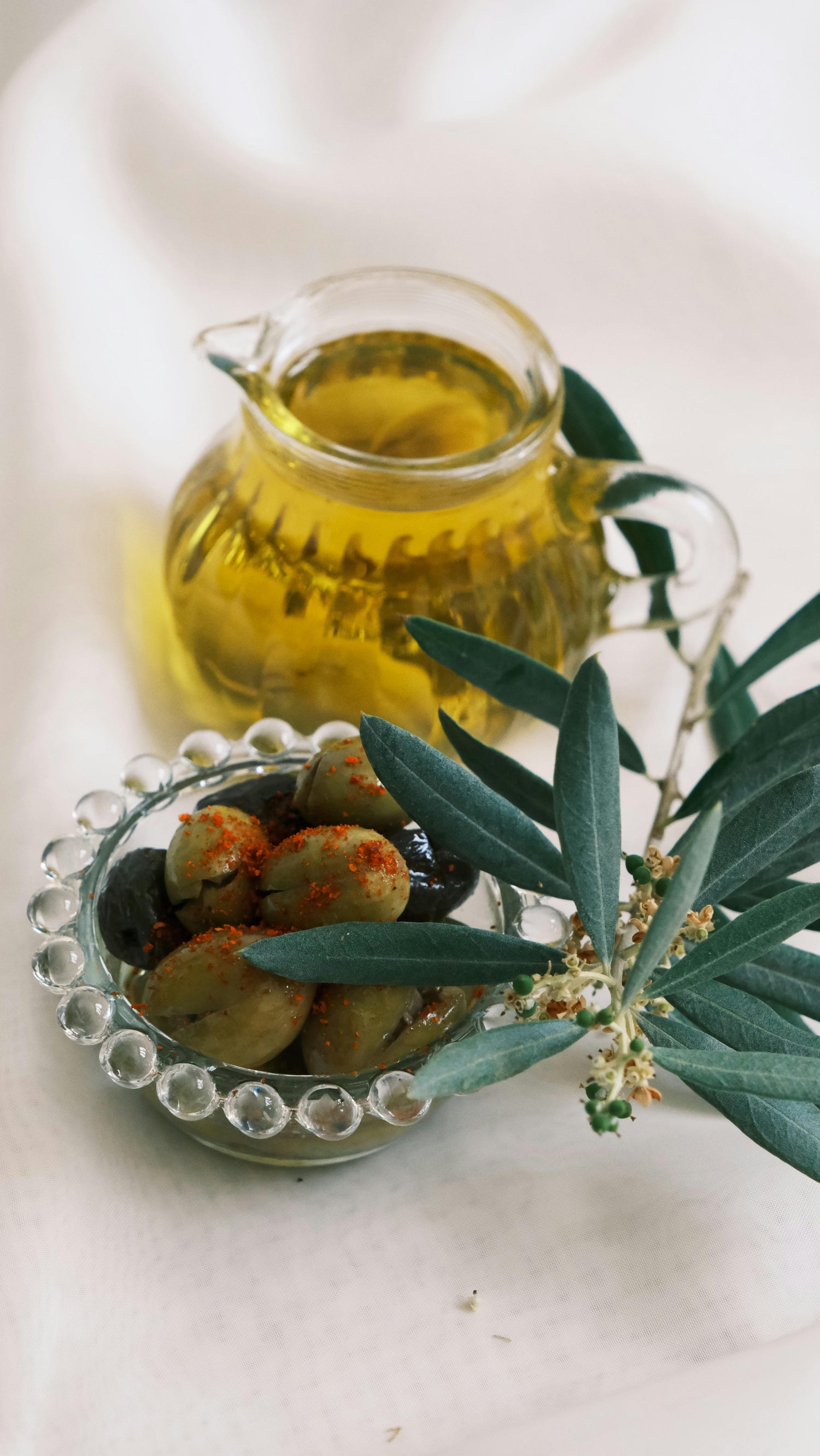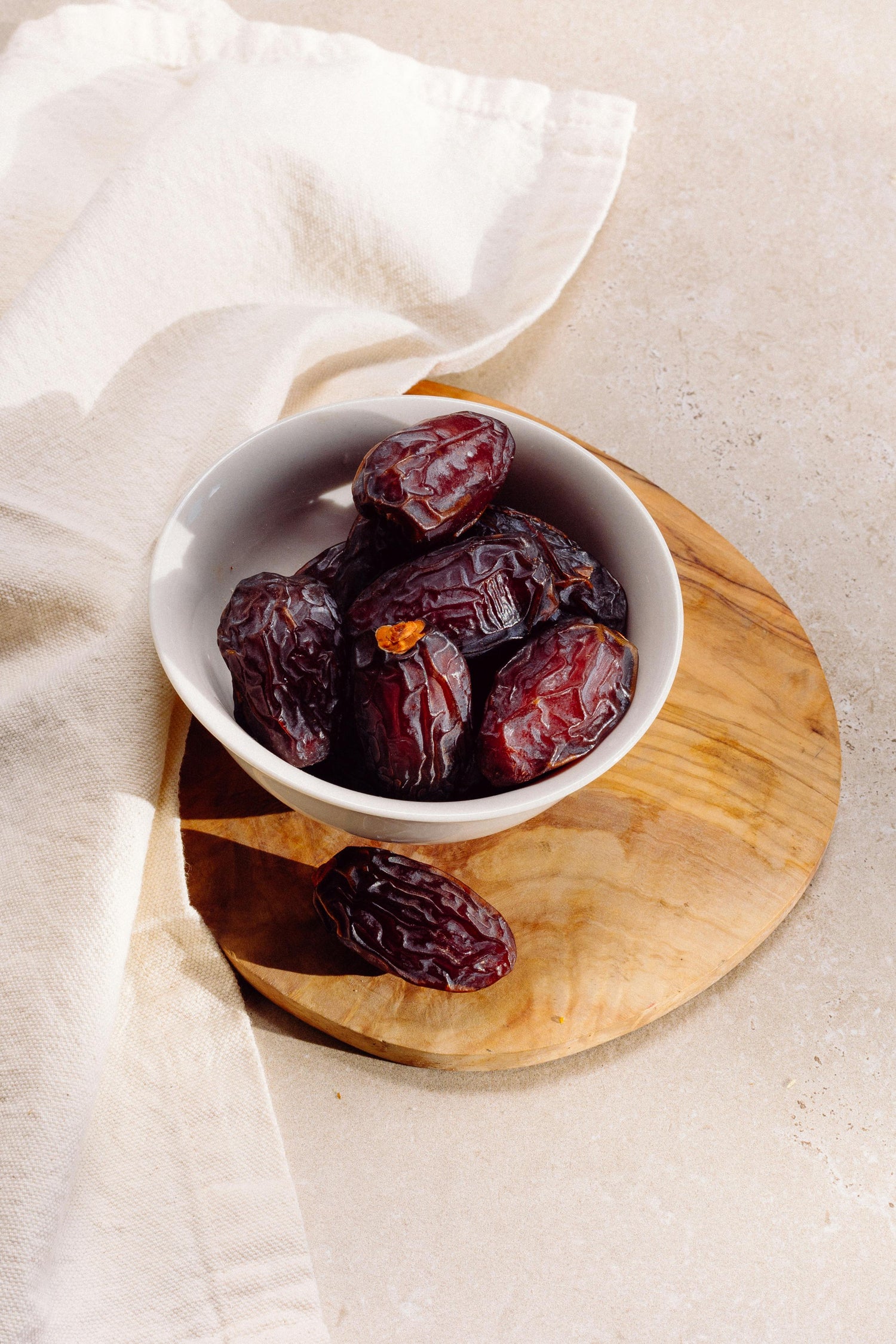Foods to focus on during the last few weeks of pregnancy
BY JORDANA VENTZKE

In the last trimester, and particularly in the last 4 – 6 weeks of pregnancy, your baby will grow rapidly. It is the time when iron stores are being laid down in your baby, and what will last for them for the first 6 months of their life.
It is important to focus on your intake of nutrient dense foods as you may also find you have a smaller appetite or may be experiencing a feeling of fullness due to the baby growing and taking up more space.

Iron rich foods should form the basis of most of your meals.
These foods include grass fed beef or lamb, organic beef or chicken livers, pasture raised eggs. Liver can be enjoyed at least 2 times per week. If you are vegetarian, some good plant sources of iron are dried apricots, leafy vegetables, lentils and molasses.
Remember when eating foods high in iron, it is important to include foods with high vitamin C content as this will help the iron be absorbed. A squeeze of lemon juice, adding in some different coloured peppers will all increase the vitamin C content of a meal.

Focus on Omega-3
Another important nutrient to focus on is omega 3. The brain is in its final stages of development in utero, so we want to optimize your omega 3 intake. Foods that will help with this are fatty fish, such as salmon, chia seeds, flaxseeds and walnuts. Chia seeds and flaxseeds may also help relieve some of the constipation symptoms that may be occurring in these final weeks due to increased relaxin. When choosing your fish, please choose wild caught over a farmed fish.
Pasture raised eggs will increase omega 3 intake but will also provide additional choline which will aid brain formation and long term help your baby cope with stress (this will follow through into adulthood).

Increase Nutrient Density with Healthy Fats
To increase nutrient density, focus on healthy fats. They will provide you with the feeling of satiety and help your body to absorb the necessary fat soluble vitamins that you and your baby require. These fats include grass-fed butter, ghee, olive oil and avocado oil.

The Benefits of Dates
Aside from focusing on foods to intake nutrient density, there are some foods, in particular dates which have shown results to shorten first stage of labour, and potentially dates can help to soften the cervix. More research is needed; however, it will not be harmful to include dates in your diet, with advice being that you can include 6 dates per day from week 36.
I will caveat this by saying that if you have gestational diabetes this would not be advised.
Additionally, dates are high in magnesium and so may help with restless leg syndrome which may be experienced by some pregnant women.
These final weeks will be a time to prepare your body for labour (remember childbirth is called labour because it is work), so we need to make sure that we have enough nutrients and energy on board to help us throughout childbirth and ensure we are able to recover during the postpartum time.

Jordana Ventzke
TMP Collaborator | Instagram: @jv_nutrition
Jordana is a qualified Paediatric Dietitian and wonderful mother to two children under 6 years old. In addition to being a Dietitian, Jordana is a HypnoBirthing Instructor, helping new families navigate how they would like to birth their babies.
Jordana specialises in infant nutrition, breastfeeding, food allergies and picky eating. She primarily works within the first 1000 days of life. Jordana works with families to support their choices and provide information to help them make informed decisions as to how they would like to raise their children.
Jordana and her husband choose a close attachment parenting approach when raising their children, having breastfed both children and co-slept. She has lived and worked in the Middle East for the last 10 years.

